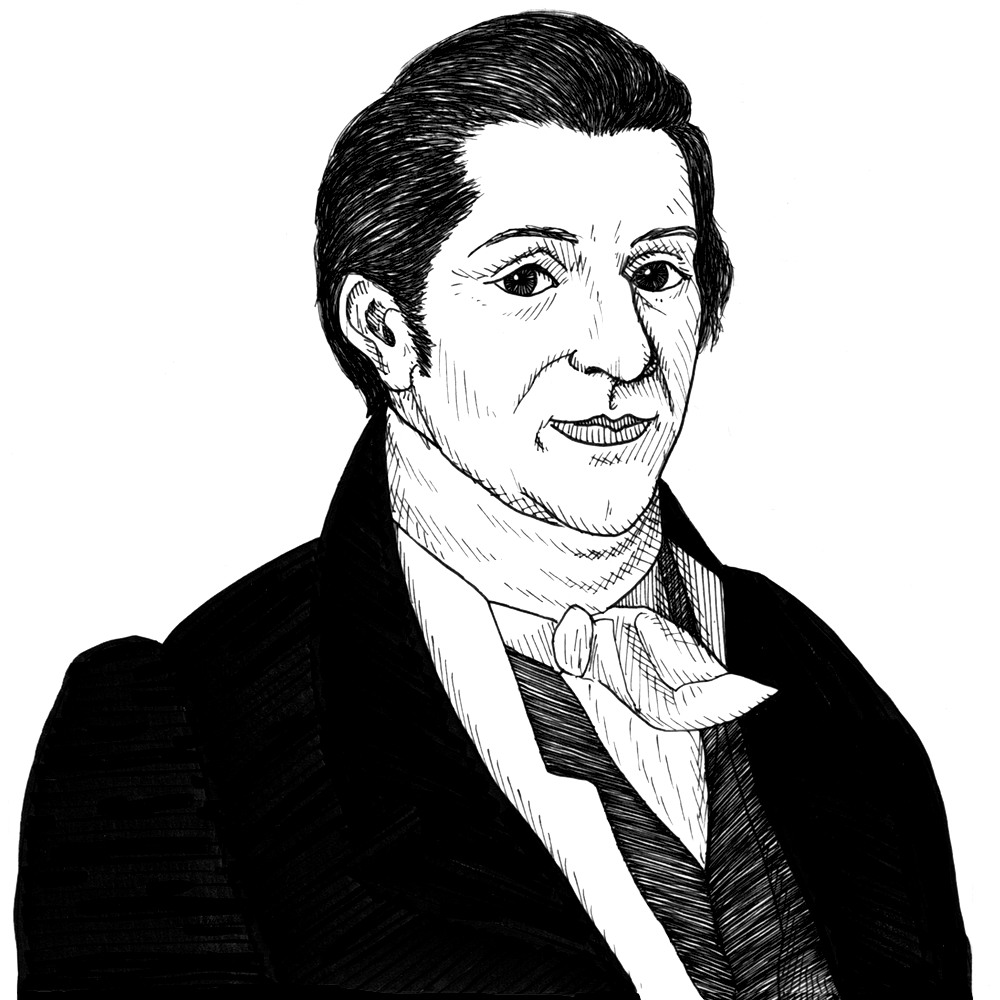
Jean-Baptiste Say argues that there is a world of difference between private consumption and public consumption; an increase in the latter does nothing to increase public wealth (1803)
Found in: A Treatise on Political Economy
Jean-Baptiste Say (1767-1832) in his influential Treatise on Political Economy (1803) drew a distinction between private and public consumption, viewing an increase in the latter as no way to increase public wealth:
Economics
What, then, are we to think of the principles laid down by those writers, who have laboured to draw an essential distinction between public and private wealth; to show, that economy is the way to increase private fortune, but, on the contrary, that public wealth increases with the increase of public consumption: inferring thence this false and dangerous conclusion, that the rules of conduct in the management of private fortune and of public treasure, are not only different, but in direct opposition?